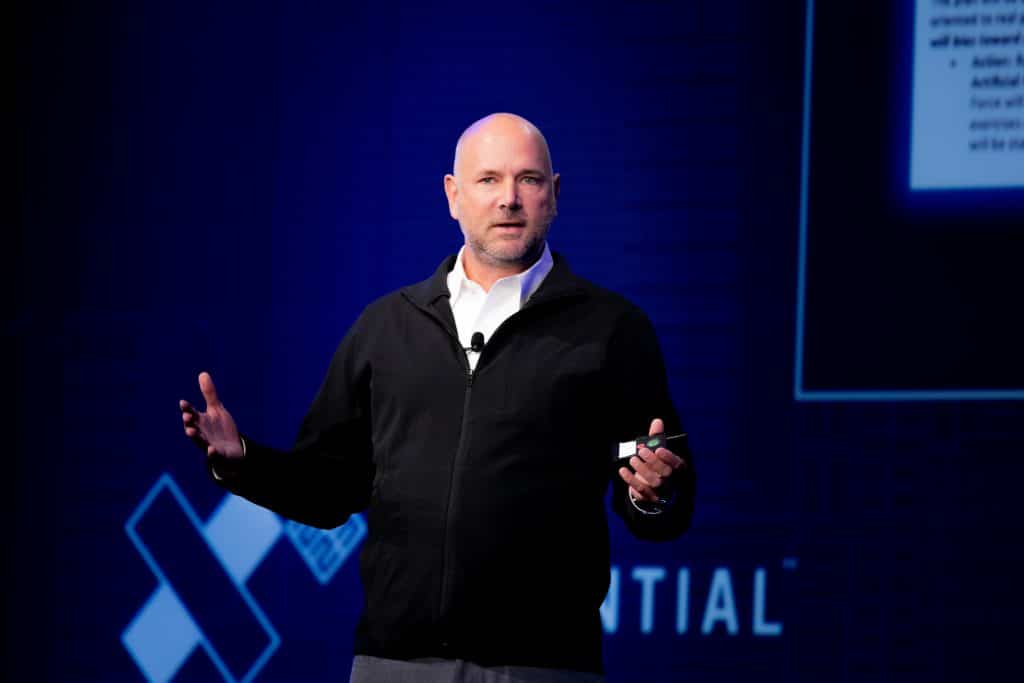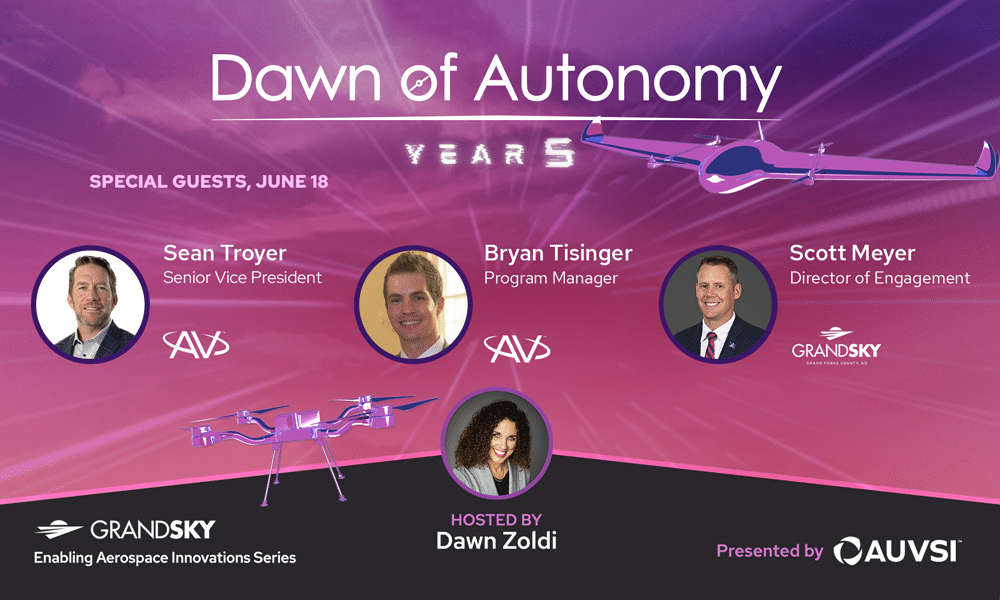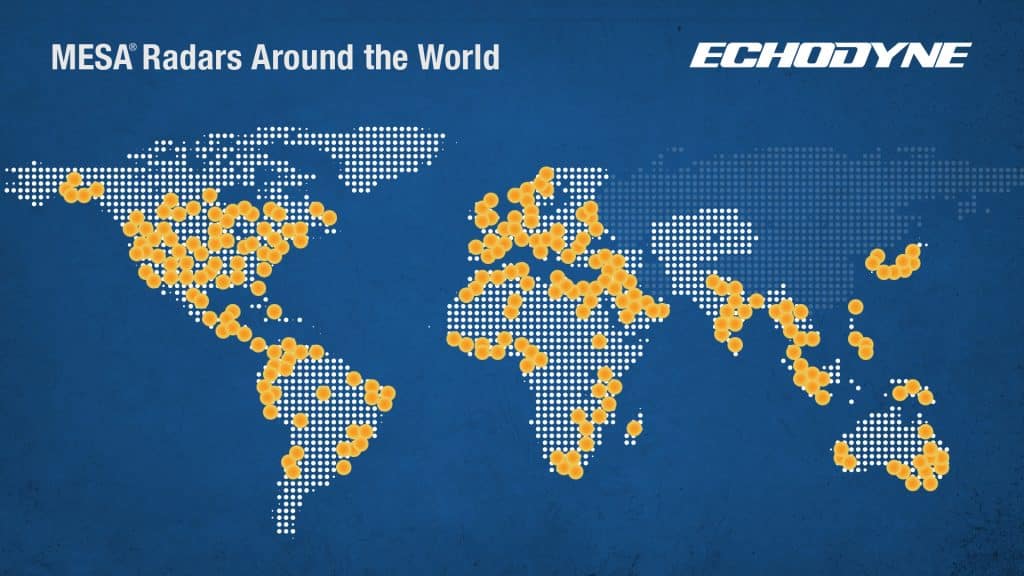Robotics and AI at the Tactical Edge: A Sea Story of Innovation
May 11, 2023 | AUVSI News

On May 11 at XPONENTIAL 2023, Michael Brasseur, Founder and Former Commodore Task Force 59, delivered keynote remarks describing the founding of the Task Force.
Objectives
In September 2021, U.S. Naval Forces Central Command (NAVCENT) announced the establishment of a new task force to integrate uncrewed systems and AI with maritime operations in the U.S. 5th Fleet area of operations. According to DOD, “Task Force 59 is the first U.S. Navy task force of its kind. The U.S. 5th Fleet region’s unique geography, climate, and strategic importance offer an ideal environment for innovation.”
The Task Force aims to: 1. Enhance maritime domain awareness, and 2. Increase deterrence.
Founding
Brasseur says: “For me, it’s the sea that connects us and powers the global economy that now is primed for innovation – and part of the story of ocean innovation is Task Force 59.”
Task Force 59 was conceived in Brussels while Brasseur was at the U.S. mission to NATO. He describes the founding premise as: “Oceans are massive, and ships, submarines and aircraft are expensive. We have allies that aren’t meeting their necessary requirements. Can these unmanned systems above or below the water help close the capability gaps? We looked at it vertically from seabed to space and horizontally across allies and partners.”
Brasseur’s mantra is to “Be Bold” – bold vision, bold people, and bold action. With that vision, he created an Innovation Advisory Board to provide expertise, diversity of thought, and support the exponential, upward trajectory of this technology.
To move the initiative to reality, Brasseur worked closely within the DOD and recruited partners from industry and academia. He also secured a staff lineup with expertise in uncrewed systems, task force integration, cyber, and partnerships.
Impact
Interoperability is a key issue the Task Force is addressing. With advancements in technology, there is an opportunity to integrate and leverage infrastructure, sensors, data, and AI to increase maritime domain awareness and understanding of the ocean environment. All of these components are critical for maintaining ocean security in areas with illegal operations and piracy.
He says: “What you see is this intimacy, really strong partnerships across government, academia, and industry. Ultimately, I think all of us want the same goal. We want to keep the people safe.”


